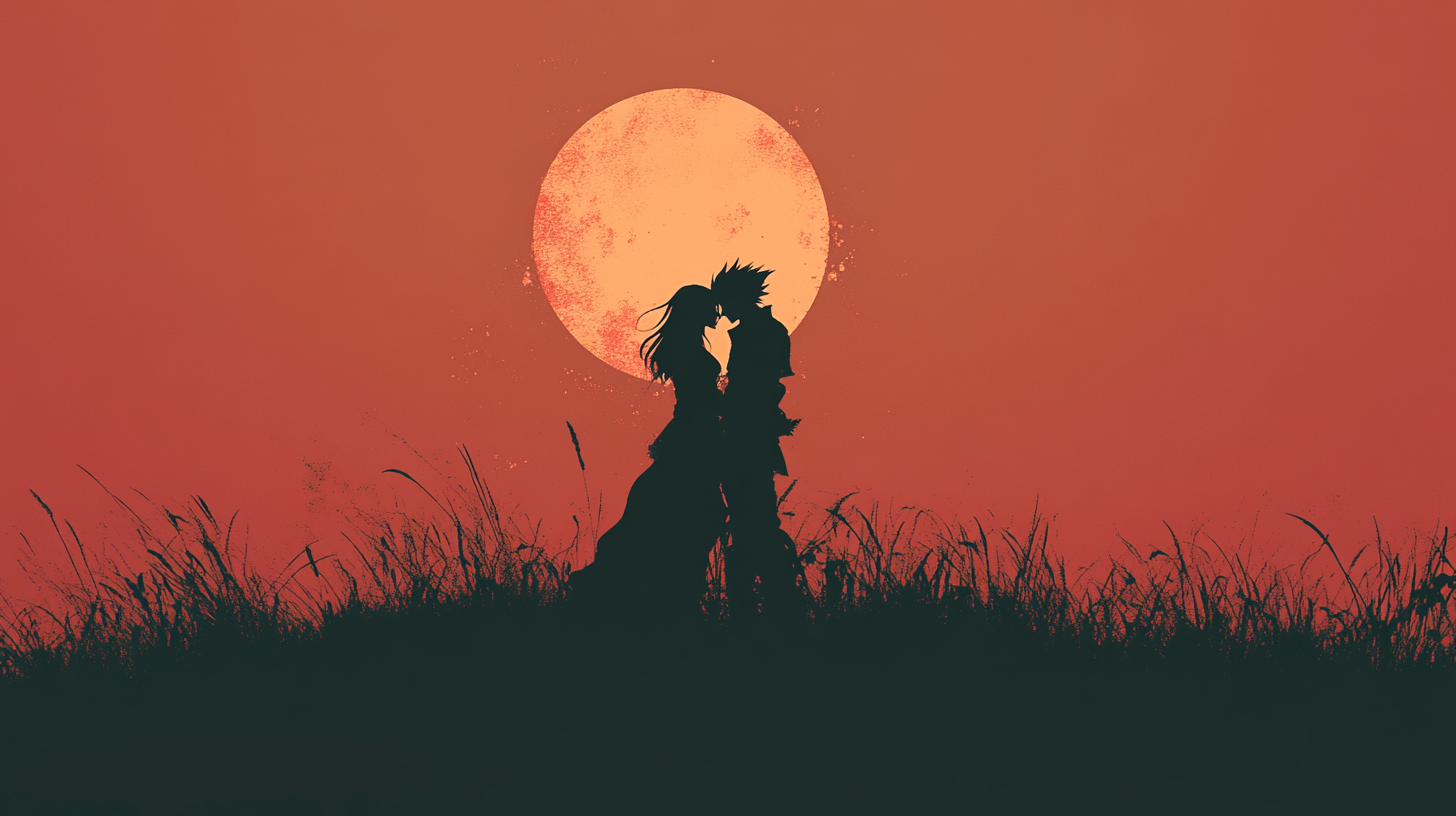Square-Enix Needs to Re-Learn How to Do Romance in Final Fantasy Games
I’ve been a Final Fantasy fan for as long as I can remember, especially back when it was still Squaresoft’s crown jewel. It was so brilliant that they allegedly cut back on Xenogears’ budget just to fund Final Fantasy VII and VIII.
One thing that defined those older titles was the depth of their romance arcs, and Final Fantasy VII is the perfect example. A lot of people (and by a lot of people I mean the Cloud-Tifa fanboys) will not agree, but Cloud was not actually in love with Tifa at first — he was in love with Aerith, and she felt the same way.
The developers never explicitly confirmed or denied it for the original game, but if you bring Aerith along in certain scenes, you’ll see they clearly have feelings for each other. Aerith practically confesses when she says Cloud reminds her of her first love, then follows up with “I want to meet you,” which was basically her way of saying, “I love you.” And when Sephiroth kills Aerith, Cloud is the only one who completely loses it, mourning how he’ll never see her smile again — something you’d say about the person you love, not just a friend.
Meanwhile, Tifa always loved Cloud, but their relationship only starts to blossom much later, especially after the mako poisoning event, and later under the Highwind right before the final battle with Sephiroth.
In Advent Children, Cloud still appears to be sulking over Aerith, living in her old church and dodging Tifa’s calls. Tifa admits she hasn’t seen him in a while, suggesting their bond never fully developed. Sure, the new remake spins things differently, with the developers confirming Tifa as Cloud’s love interest, but that wasn’t always the case in the originals.
To me, there’s something uniquely intense — and very Japanese — about traveling alongside someone who secretly loves you, while you’re clearly in love with someone else who also happens to be a close friend. It’s a painful, layered kind of drama that made those older titles unforgettable.
Now think about how later entries handle romance: Final Fantasy XII basically ignores it, Final Fantasy XIII has that weird “love/hate friendship whatever” thing between Lightning and Snow, and Final Fantasy XV reduces the main romance to reading short letters, delivered by a dog, until your fiancée dies when you finally “meet” (see from 3 miles away?) her in-game, with no big emotional meltdown from the hero afterward. At least Final Fantasy XVI tries: there’s some genuine depth when your partner gets “sick,” plus a naked/love scene. But it feels too mature and realistic.
None of them hold a candle to previous installments.
Take Final Fantasy X, where Tidus falls in love with Yuna, who’s fated to die, and halfway through he realizes saving her means erasing himself because he’s just a dream; and he does disappear in a heartbreaking scene in the end. As an 11-year-old playing that in 2001, I was devastated — thank the gods for FFX-2’s perfect ending.
Square-Enix used to own the JRPG scene with these massive, heart-wrenching storylines. You had Yuna and Tidus’s bittersweet farewell, Zidane returning from near death to a stunned Garnet, Rinoa slowly forgetting Seifer and falling in love with Squall, with them connecting in outer space after Squall literally saves her from drifting off… The list goes on. Imagine if they recaptured that magic now: we’d get those grand, sweeping love stories where you truly feel every twist and turn.
I believe that leaning back into these deeper romances would breathe new life into the series, reminding gamers just how legendary Final Fantasy once was.
At the end of the day, maybe all we want is to fall in love with these worlds the way we did back then — crying over doomed lovers, cheering for heroes who risk it all for a kiss. If Square-Enix just revisited that classic formula, we might see Final Fantasy soar again like it did in those golden Squaresoft years. And honestly, I’d be first in line, controller in hand, ready to believe in their epic love stories once more.
I’ll be giving Final Fantasy one last chance in XVII, but if it turns out to be another mid game, I don’t think I’ll ever play another installment.




